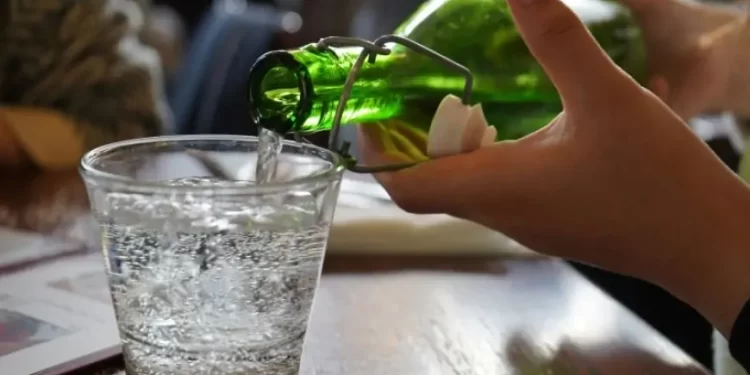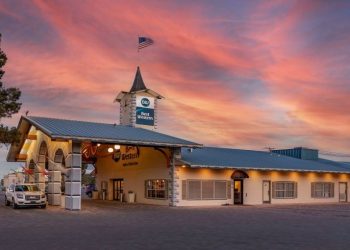
The pattern of avoiding alcohol within the UK is ready to increase into the festive season, as per the report from GlobalData. The demand for low and no-alcohol drinks is growing as customers frequently go for more healthy variants and like sobriety for enhanced social experiences. The rise in demand for such drinks throughout Christmas is especially vital, marking a shift in cultural norms. A survey revealed that 45% of customers generally or continuously eat low or no-alcohol drinks.
GlobalData anticipates that this “alcohol avoidance pattern” will propel the UK’s non-alcoholic beverage market to surpass the £500 million mark in 2024, indicating a double-digit progress from the earlier yr. The low and no-alcohol beer market within the UK is projected to develop by 15%.
George Shaw, Beverage Analyst at GlobalData, observes that the moderation motion has spurred the event of alcohol-free options, enhancing competitors within the delicate beverage market. The introduction of Almave Bianco by Lewis Hamilton’s Almave within the UK marks a major development within the non-alcoholic spirits market, catering to the rising demand for premium non-alcoholic drinks that mirror conventional spirits. The affiliation with Lewis Hamilton lends aspirational branding and credibility, interesting to health-conscious customers, notably Gen Z and Millennials, searching for alcohol-free options for social events.
Firebrand, a Cornish craft brewer, has launched Little Wave, its first non-alcoholic lager. This drink is designed to offer a clean, clear profile whereas upholding the standard and craft of its standard choices. It appeals to customers searching for options for social ingesting whereas decreasing their alcohol consumption.
GlobalData’s Q3 UK Client Survey reveals that the demand for low and no-alcohol drinks is important. This shift in shopper preferences in direction of more healthy choices might be attributed to well being consciousness, the aspiration for extra inclusive social experiences, and the supply of high-quality choices out there.
Tesco reported a 20% year-on-year enhance in gross sales of no- and low-alcohol beers in multi-pack sizes and a 15% rise in demand throughout the 4 weeks earlier than Christmas.
Based on the GlobalData Q3 UK Client Survey, 77% of UK customers think about the well being and well-being impression of a services or products an influencing issue. Alcohol manufacturers that incorporate this perception into their advertising methods and product growth can higher meet evolving shopper calls for and capitalize on the burgeoning marketplace for low—and no-alcohol drinks.
Shaw concludes that the growing demand for low and no-alcohol drinks is a major pattern that alcohol manufacturers can not ignore. Manufacturers should adapt and provide choices that cater to those altering preferences.







